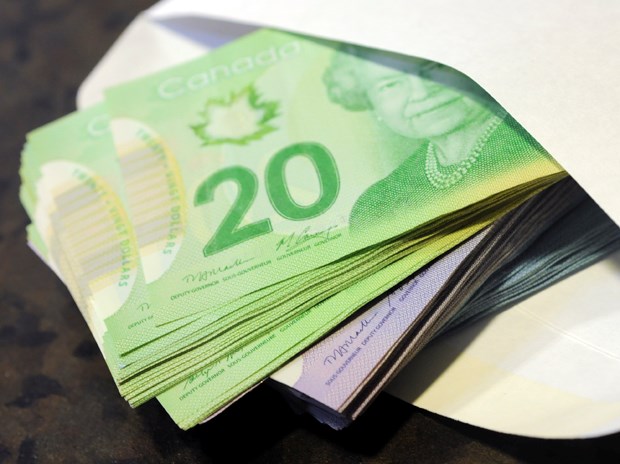The new NDP government introduced legislation Monday that will ban corporate and union donations in provincial politics, ending what’s been dubbed B.C.’s “Wild West” of election financing.
The new legislation will also set a $1,200 limit on individual political donations, ban donations from foreigners, and place restrictions on “pay to play” fundraising events with party leaders and cabinet ministers.
It also cuts the amount that can be spent by parties on elections by about 25 per cent. That would cut spending subject to election limits to $58,000 per candidate. In the 2017 election, all winning North Shore candidates spent more than that, except for West Vancouver-Capilano MLA Ralph Sultan.
But there’s a catch. Also included in the bill is a plan to publicly fund political parties which meet a threshold of the popular vote with “transition” funding over the next five years, which would add up to more than $16 million by 2021. The legislation also includes ongoing “reimbursements” to political parties for up to half of their election expenses. Altogether, the amounts are estimated to cost taxpayers about $27 million up to 2021.
North Shore Liberal MLAs were quick to criticize the plan to pay political parties with public money, noting the NDP didn’t mention that during the election and gave the impression they were not in favour of such a plan. “That’s something the B.C. Liberals are against,” said North Vancouver-Seymour MLA Jane Thornthwaite. “We think political parties should be raising their own money. That’s what the Greens did.”
Sultan called that part of the bill “bad public policy” and undemocratic. “It’s outrageous (the NDP and Greens) would negotiate it in the middle of the night in complete defiance of all their promises,” he said.
North Vancouver-Lonsdale MLA Bowinn Ma defended the measure as necessary to help political parties get used to the new finance rules, which will remove about $65 million in funding from the next election cycle. Ma said the per-vote public funding is a temporary measure. She added the public already pays indirectly to support political parties through tax credits that are paid from general revenues to corporations and individuals who make political contributions.
B.C. is not the only province to provide per-vote funding to political parties. Both Ontario and Quebec provide a per-vote amount to parties. A similar measure was in place federally in the past.
Dermod Travis, the executive director for Integrity B.C., a non-profit agency that has pushed for electoral finance reform, said while he applauds the ban on union and corporate donations, the spending limits could be lowered further than 25 per cent. Travis said he’d prefer spending limits be tied to the number of voters in a riding, rather than a flat rate.
Travis said the bill provides a “good start” at limiting cash-for-access fundraising events and trying to address third-party spending on election advertising.
Travis said he’s yet to be convinced public funding for political parties is a good idea. “I’m not jumping up and down with wild enthusiasm because I don’t think they’ve made the case that it’s needed,” he said. The B.C. Liberals already have enough cash, the Greens never accepted donations from corporations or unions and 70 per cent of the NDP’s donations already come from individuals, said Travis. He also questioned why the public should pay for parties’ election expenses. “They should have recognized that requires more public buy-in,” he said.
Both the NDP and the Liberals have benefited from significant corporate and union donations in recent years. Companies including Seaspan, Woodfibre, North Shore Studios, Neptune Terminals and Hollyburn Properties have made sizable political donations.
CUPE, the BGGEU, the Hospital Employees Union, B.C. Teachers’ Federation and United Steelworkers have also donated large amounts of cash and labour to the NDP.



